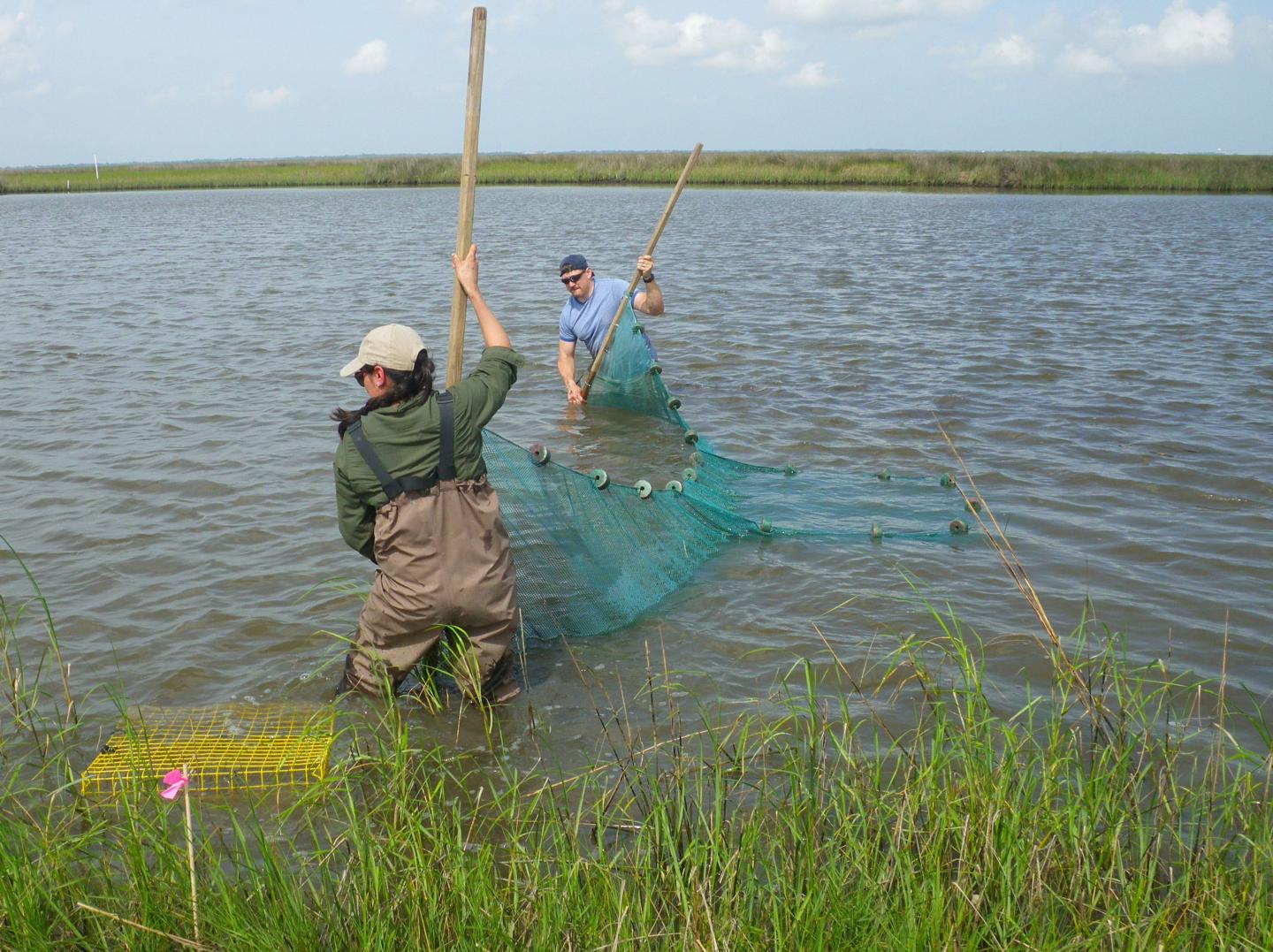
Credit: Coastal Waters Consortium
The Deepwater Horizon oil spill was not only the largest ecological disaster in the U.S., but it has become the most scientifically researched oil spill. Six years since the disaster, researchers from various fields have gathered data on the environmental, economic and health impacts. Many of these research findings, including a number by LSU researchers, have been compiled in a special issue of The Oceanography Society's magazine, Oceanography.
"The oil spill was an incredible human and environmental tragedy. The silver lining to that cloud is it has provided the resources for us to learn a lot more about a part of the Gulf of Mexico that we didn't know about – the deep sea. It's a new frontier," said LSU College of the Coast & Environment Associate Dean Richard Shaw, who is also the co-chair of the Gulf of Mexico Research Initiative Synthesis and Legacy Committee.
This special issue includes leading scientific contributions by LSU faculty, researchers and graduate students. For example, the work by LSU Department of Environmental Sciences Emeritus Professor Ed Overton has advanced the understanding about the chemical complexity of crude oil, how it weathers and how to track it over time.
"Offshore and coastal Louisiana bore the brunt of the damages from this oil spill, and we are fortunate to be able to study and document its damages and consequences. It is also an opportunity to highlight the importance of Louisiana not just as an energy-producing state, but as a state with one of the largest and most productive coastal wetlands and fisheries in our country," Overton said.
From the disaster, more than 1,000 kilometers of wetlands were oiled in Louisiana. Marshes lost due to oiling and shoreline erosion will not come back. LSU Department of Oceanography & Coastal Sciences Shell Chair Nancy Rabalais and Boyd Professor R. Eugene Turner synthesize the key results from published research on the effects of the oil on coastal habitats and its inhabitants from microbes to vertebrates thus far.
"These post-spill studies build a baseline for understanding future large-scale perturbations, and the documentation of oil spill impacts will, perhaps, provide a basis for avoiding, rather than accommodating, some of them," Turner said.
The Gulf of Mexico Research Initiative, or GoMRI, will continue to fund research pertaining to the oil spill through 2020. Additional data and analyses will be made available through this period.
"I think Gulf of Mexico science has been elevated since the oil spill and the research investment," Shaw said. "I think we're much better prepared if and when another incident happens. We've developed the type of research tools, instruments and analyses to be able to respond more quickly and more effectively."
###
Media Contact
Alison Satake
[email protected]
225-578-3870
@LSUResearchNews
http://www.lsu.edu





